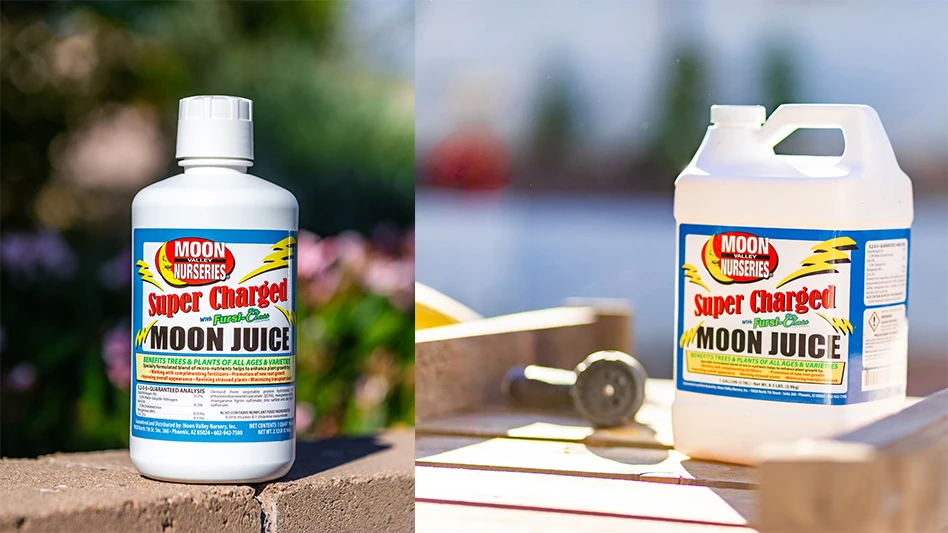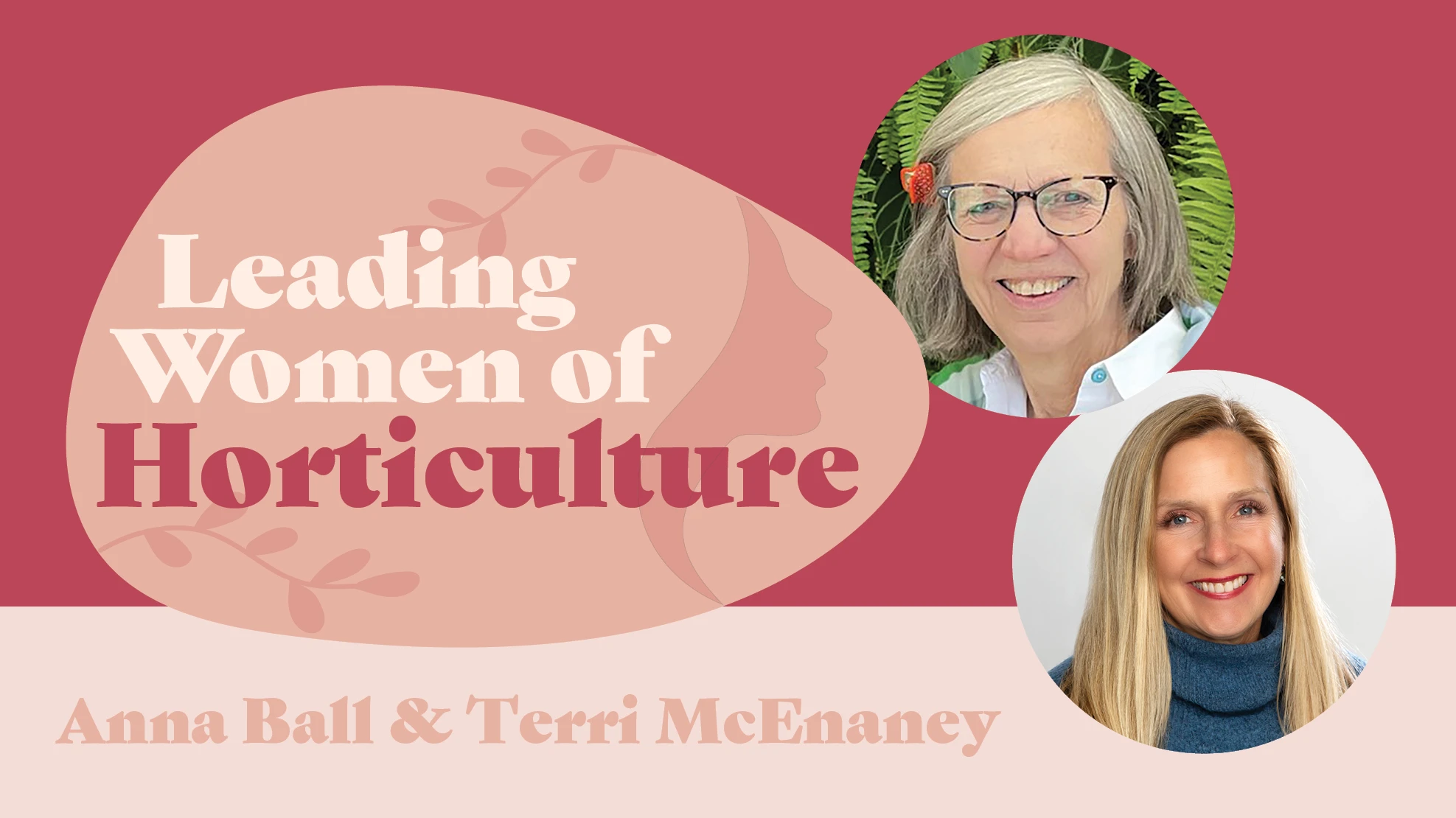
Gardening is an incredibly healthy hobby. But it can also be difficult physical work, making it out of reach for those who are older or disabled. IGCs can support older gardeners and enable new customers by providing tools and knowledge that make gardening accessible to all.
A 2017 study, “Gardening is beneficial for health: A meta-analysis,” conducted by researchers in the United Kingdom and Japan, found that gardening has far-reaching physical and psychological benefits for all. The study authors examined 22 separate research papers related to the effects of gardening on human health, published over a 15-year period from countries across the world, and reached an unambiguous conclusion.
“Overall, the results suggest that participating in gardening activities has a significant positive impact on health,” the study authors wrote. “Indeed, the positive association with gardening was observed for a wide range of health outcomes, such as reductions in depression and anxiety symptoms, stress, mood disturbance and BMI, as well as increases in quality of life, sense of community, physical activity levels and cognitive function.”
It's clear that everyone can benefit from gardening. But it’s particularly helpful for those most in need of a connection to nature and physical activity. That includes older adults and those with cognitive and physical disabilities. IGCs can help reduce barriers for those individuals by stocking goods that help them plant and grow, including portable raised garden beds and tools like the Power Planter garden auger.
Power Planter’s Extended Length Bulb Augers are a perfect example of products that can help improve accessibility in the garden. The augers include standard Power Planter features, including a hex head that makes them broadly compatible with any power drill, a balanced design that rotates without vibration and a solid steel shaft. But the length — up to 24 inches — means that users can stand while digging holes for a variety of bulbs and plants.
Power Planter President Greg Niewold has seen the planter increase accessibility in his own family. He notes that his mother is an avid gardener. But after several neck and back surgeries, there was some question as to how long she could continue gardening her five country acres. Happily, the Power Planter has kept her active in the garden.
“Every year, she tears up and redoes as much as she did the year before,” Niewold explains. “She can’t put the physical strain on her body required by typical tools like trowels, shovels and tillers. Her only choice is our auger. There’s no twisting or strain when set up properly, and it’s the only way she can go out and plant things. It’s liberating, and it’s freeing. It’s what makes her happy.”

User reviews of the 5-star-rated product back up that experience. “This is the perfect tool for that person who has trouble getting up and down,” reports one user. “It's just the right height for me! My back didn't complain,” writes another.
But simply stocking the Power Planter isn’t the only thing IGCs can do to improve accessibility, Niewold says. Along with stocking products like Power Planter garden augers, he encourages IGCs to take a proactive educational approach. After all, some of the best benefits of gardening come from its social aspect.
Niewold says IGCs should consider offering accessible gardening workshops or even reach out to local nursing homes and offer an opportunity for their residents to get close to nature and planting through classes or gardening experiences.
“As people get older, they feel like there’s nothing for them to do,” he says. “Get them outside to do something! It gives them the opportunity to experience the world again.”
However IGCs go about it, research offers a clear message. With the right tools and some good outreach, the garden center industry is capable of drastically improving the lives of those who need gardening most of all.
Get curated news on YOUR industry.
Enter your email to receive our newsletters.
Explore the December 2023 Issue
Check out more from this issue and find your next story to read.
Latest from Garden Center
- Society of American Florists accepting entries for 2025 Marketer of the Year Contest
- Sustainabloom launches Wholesale Nickel Program to support floriculture sustainability
- American Horticultural Society welcomes five new board members
- Color Orchids acquires Floricultura Pacific, becoming largest orchid supplier in U.S.
- American Floral Endowment establishes Demaree Family Floriculture Advancement Fund
- The Growth Industry Episode 3: Across the Pond with Neville Stein
- Proven Winners offers Certified Garden Center Training for staff education
- Digging In Association hosts inaugural Platinum Trowel Awards at winter conference






